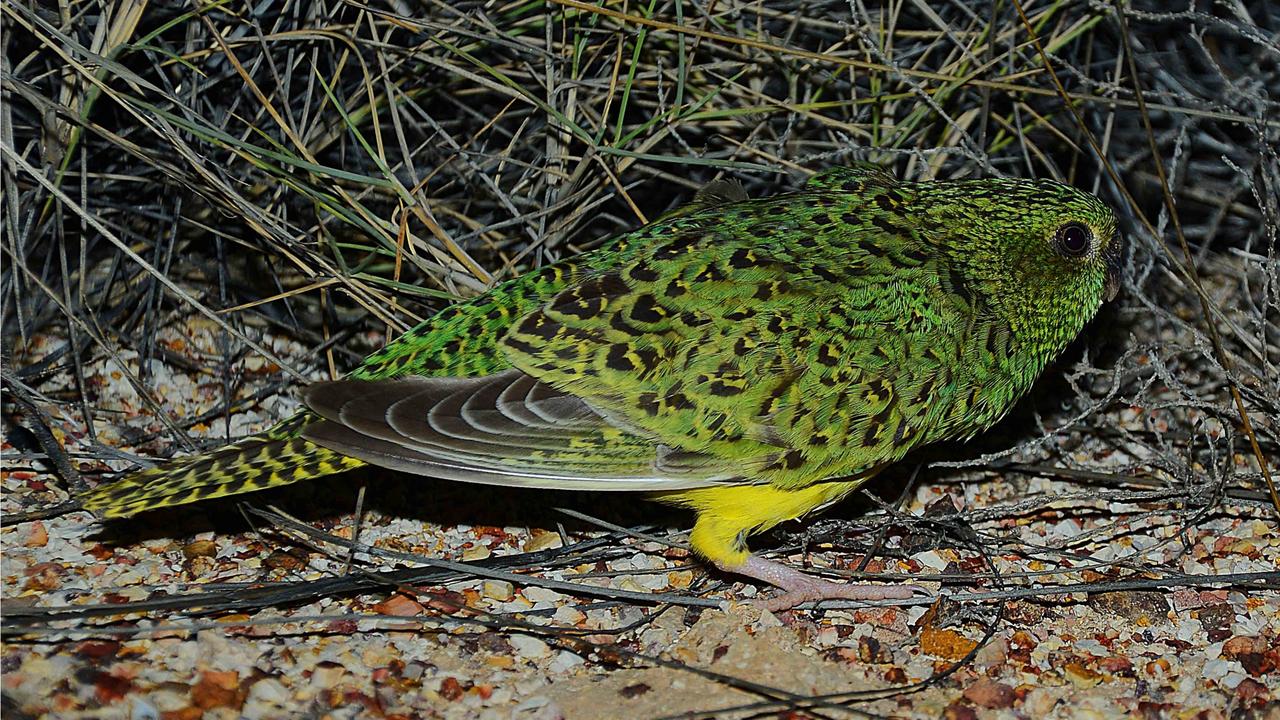Scientists' quest for influence in emails
EMAILS show scientists responding to "huge" political interest in linking extreme weather with climate change, contrary to a UN report.
LEAKED emails show climate scientists responding to "huge" political interest in linking extreme weather with climate change, contrary to a later UN report that found evidence of such connections is unlikely to clearly emerge for decades.
Elsewhere they are seen discussing the need to elevate trusted colleagues to influential positions, convince the public of dangers associated with climate change and spin their findings to suit the "cause".
The exchanges are found among a tranche of 5000 leaked emails that follow from the 2009 "Climategate" scandal in which an anonymous hacker released private correspondence among climate scientists before the Copenhagen climate summit.
The fallout from the leaking of the emails in 2009 brought embarrassment to scientists and the academic institutions involved and while it did not obviously undermine the theory of man-made global warming, it raised serious questions about the politicisation of science.
The 5000 emails released this week appear to have been written between 2003 and 2009.
In one 2009 email exchange between British government advisers and climate scientists, including Professor Phil Jones from the University of East Anglia who was a key figure in the first Climategate saga, one adviser writes: "I can't overstate the HUGE amount of political interest in the project as a message that the government can give on climate change to help them tell their story. They want the story to be a very strong one and don't want to be made to look foolish." The exchange concerns a project called Weather Generator that forecasts heatwaves and extreme rainfall events across Britain.
In a 2003 email to colleagues, the UEA's Irene Lorenzoni writes: "I agree with the importance of extreme events as foci for public and governmental opinion."
The UEA has confirmed the emails appear genuine and probably derive from a 2009 breach of its servers that precipitated the original Climategate scandal.
Professor Jones yesterday told reporters in Britain his emails were part of "the cut-and-thrust of scientific debate" and that it was foolish to imagine scientists would not think about how their message was being received.
In a 2004 email to a colleague at another university, Professor Jones talks about the need to get "people we know and trust" as reviewers for sections of a key report by the UN's peak climate body, the Intergovernmental Panel on Climate Change.
Michael Mann from Pennsylvania University in the US -- a player in the earlier controversy -- said on Twitter that the "cause" he referred to was that of "communicating science in the face of massive disinformation effort".


